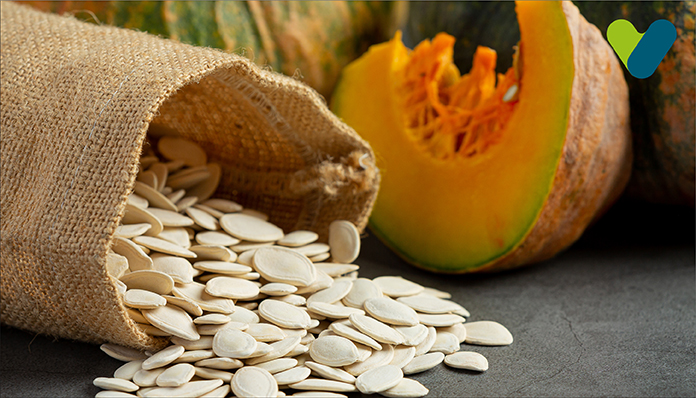You might be thinking of starting a ketogenic diet in order to attain your health and fitness goals this year. The Keto diet is one of the best diets out to lose weight.
The ketogenic diet is special, it puts your body into the state of ketogenic, this is a state where the body primarily feeds on fats instead of the usual carbohydrates. A Keto diet is a diet plan that mainly focuses on the consumption of foods that have high amounts of healthy fats and have high amounts of protein with fewer amounts of carbohydrates. Under the supervision of dieticians or doctor’s keto diet plans can do wonders but they come with their disadvantages as well.
The Idea of a Keto Diet
The main sources of fuel for your body are carbs. When you go on a keto diet, your body is forced to find its fuel from somewhere else instead of normal carbs. The body does this process by the breakdown of fats into ketones, which instead of carbs is used as fuel for the body. This state is given the name of ketosis. The balance of protein is crucial for ketogenic diets, too much protein intake can put a stop to the process of ketosis and you might even end up losing lean muscle mass which is something you have to avoid losing.Keto-based diets are not for people who suffer from diseases of the liver, kidney, pancreas, gallbladder, or thyroid.
Dangers of Keto Diet
Like every diet, the keto diet has its disadvantages and dangers. Some of them are –- Low Blood Sugar Levels – Consumption of low-carb food helps people to maintain their blood sugar levels especially if they are suffering from diabetes. However, few of the studies conducted indicate that a keto diet may end up reducing the hemoglobin A1c levels in the blood. If someone suffering from type 1 diabetes goes on a keto diet, he or she might be at risk of low blood sugar levels.
- Health Of Bones – Bone health is very important, weak bones can have serious implications in the case of an injury. Keto diets can reduce the strength of one’s bones as there is a loss in the mineral density of the bones because the body is adapting to ketosis. Over time, a keto diet may be responsible for a bone breakdown in your body.
- Deficiency of nutrients – Keto diet restricts a lot of food items. Things such as fruits and multi-grains are also restricted in a keto-based diet. These food items are essential for your body as they provide a lot of healthy nutrients and minerals which are important to maintain a healthy, disease-free body. People who are on a very low keto diet are recommended to use supplements of vitamins and minerals to cover for the deficit caused by being on a keto diet.
- Stressing of Kidneys – Fat-rich foods such as meat, cheese, and meat are the core part of a keto diet. People who are on keto diets are at risk of stressing out their kidneys because of the consumption of such high-fat foods. Intake of these foods can cause your urine and blood to become more acidic which can lead to more calcium being taken out of your body via urine. Few studies conducted also indicate that keto diets are responsible for the reduction in the amount of citrate that is released through urine. Citrate is responsible for the binding of calcium and prevents the formation of kidney stones, with its reduction, there is a chance for kidney stones to develop. People who suffer from CKD (Chronic Kidney Disease) should never go on a keto diet as their kidneys might get in the position where they are unable to remove the acid in their blood because of the consumption of these high-fat foods.
- Keto Flu – When you are on a keto diet, your total carb intake is limited to less than 50 carbs in a single day. This might be surprising for your body which is used to a higher intake of carbs in a day. As your body will start switching over to its fat reserves for fuel, you may experience flu and other symptoms. Keto flu can include dizziness, fatigue, nausea, constipation, and headaches. However, these keto symptoms of keto flu are only present for a week and two, and after that, the body adapts to the keto diet but it is crucial to monitor these symptoms when you are switching over to a keto diet.
- Digestive Problems – As the keto diet is restricting your carb intake; your body’s fiber requirements may not be met properly and you might start suffering from digestive issues. Some high fiber-rich foods are vegetables, grains, and beans which are completely taken off from your diet once you switch to a ketogenic diet as they are not low carb foods but high carb ones. Fiber-rich foods also help your gut, they are responsible for feeding the bacteria that benefit your gut. A healthy gut can prevent you from encountering many diseases and can help boost your immunity and mental health. However, there are some fiber-rich foods in keto diets such as China seeds, broccoli, coconut, and cauliflower.
- Chronic Diseases – Ketogenic diets can harm people who are already suffering or at risk of chronic diseases. The focus of a keto diet on high animal fat foods can increase the chances of death as well.


